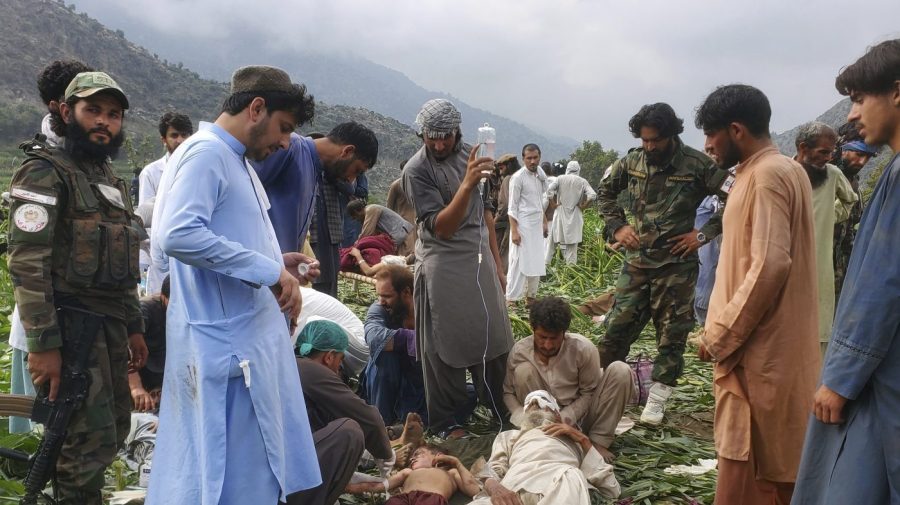A powerful earthquake measuring 6.0 on the Richter scale struck eastern Afghanistan late on March 17, 2024, resulting in significant loss of life and injury. According to the Taliban government, approximately 800 people have been confirmed dead, while over 2,500 individuals sustained injuries in the disaster.
The earthquake occurred at 11:47 p.m. local time and was centered around 27 kilometers east-northeast of the city of Jalalabad. The region has experienced seismic activity in the past, but the scale of this earthquake has led to unprecedented devastation. Rescue efforts are underway as local authorities and volunteers work to assist those affected.
Casualties have been reported across several provinces, with the hardest-hit areas being in Nangarhar province. Emergency services face challenges in reaching remote locations, complicating the rescue operations. Many survivors have been left homeless, prompting immediate calls for humanitarian assistance.
In the wake of the disaster, the Taliban government issued a statement urging international aid organizations to provide support. The government has mobilized its resources to address the urgent needs of the affected population. In addition to medical assistance, there is a pressing need for food, shelter, and clean water.
The United Nations and various humanitarian agencies have expressed their readiness to assist with relief efforts. As of now, the full extent of the damage is still being assessed, but officials anticipate that the current numbers may rise as rescue teams reach isolated communities.
This earthquake serves as a stark reminder of Afghanistan’s vulnerability to natural disasters. The country has a history of seismic activity, and with ongoing political and economic challenges, the aftermath of such events can be catastrophic for local populations.
As rescue operations continue, the focus remains on providing immediate aid to those affected and assessing the long-term recovery needs in the region. The global community watches closely, ready to respond to the unfolding humanitarian crisis.
